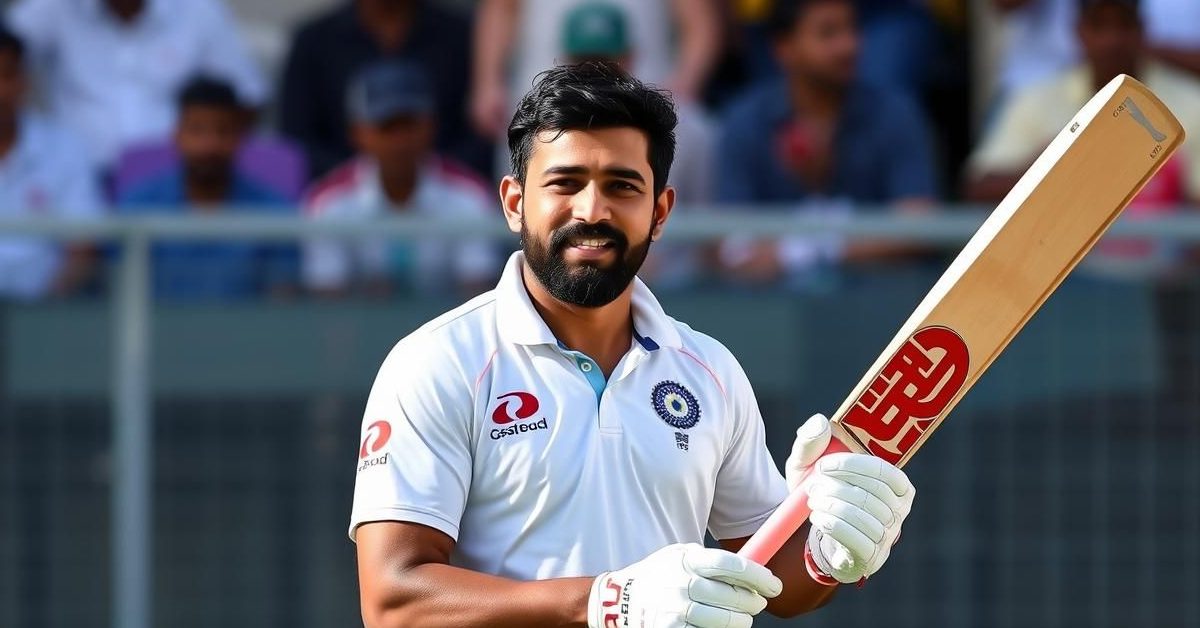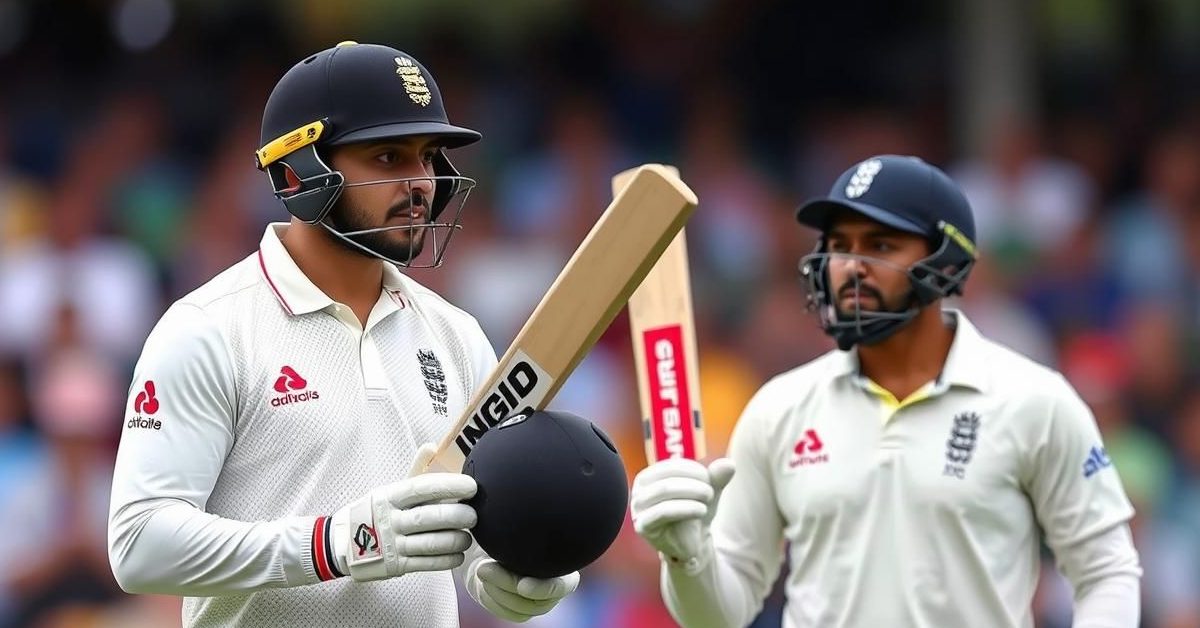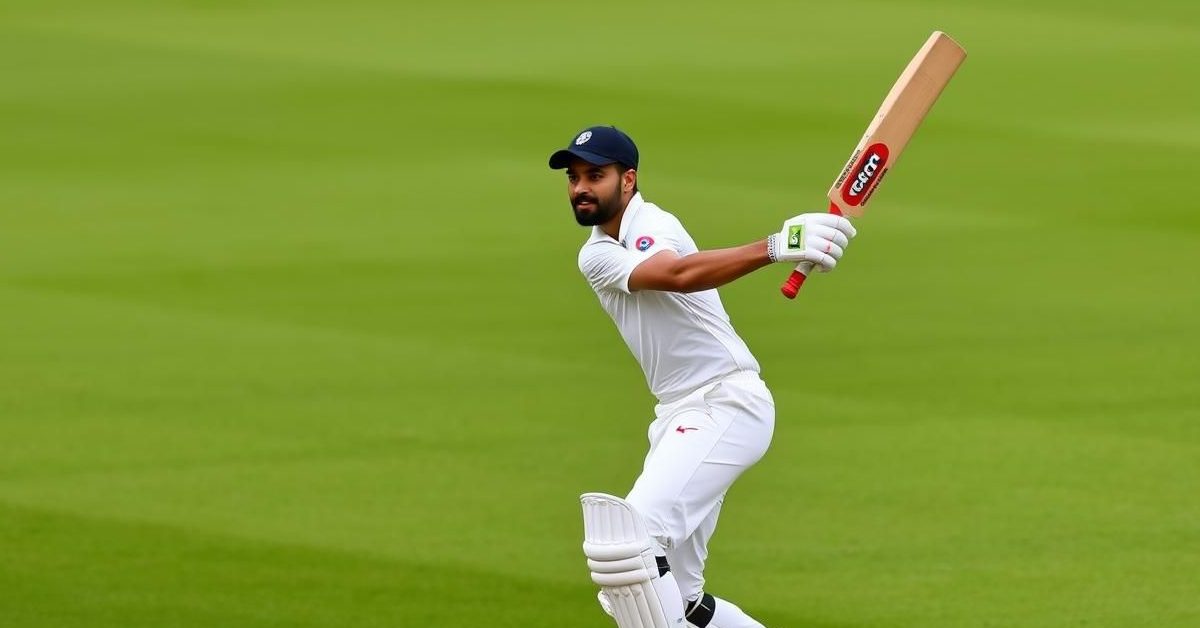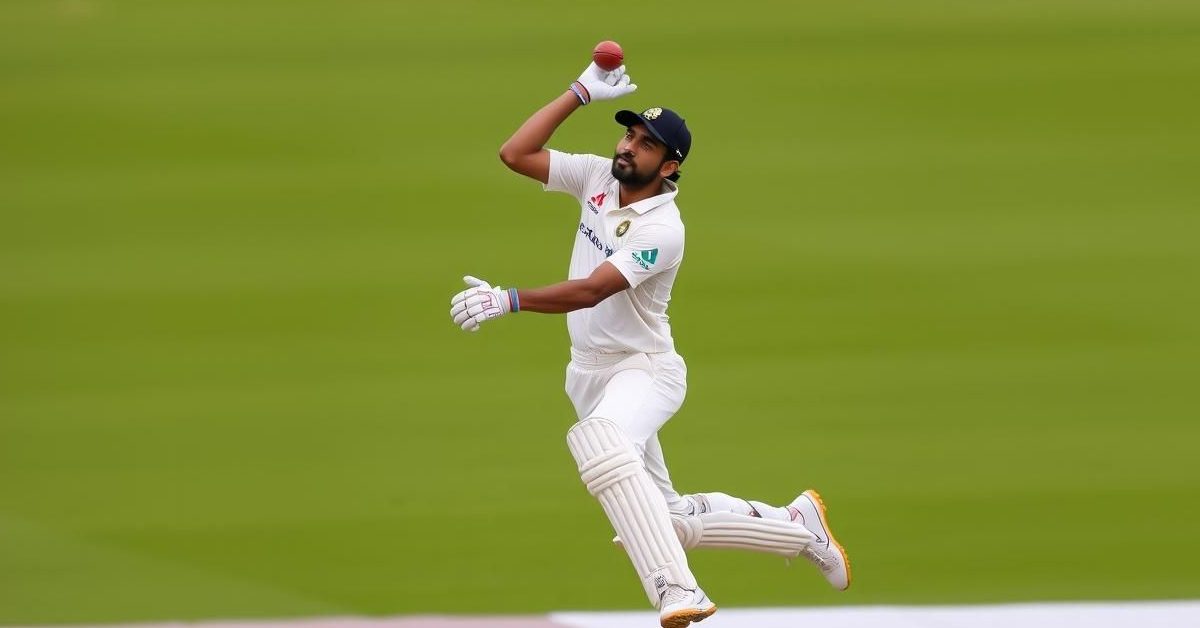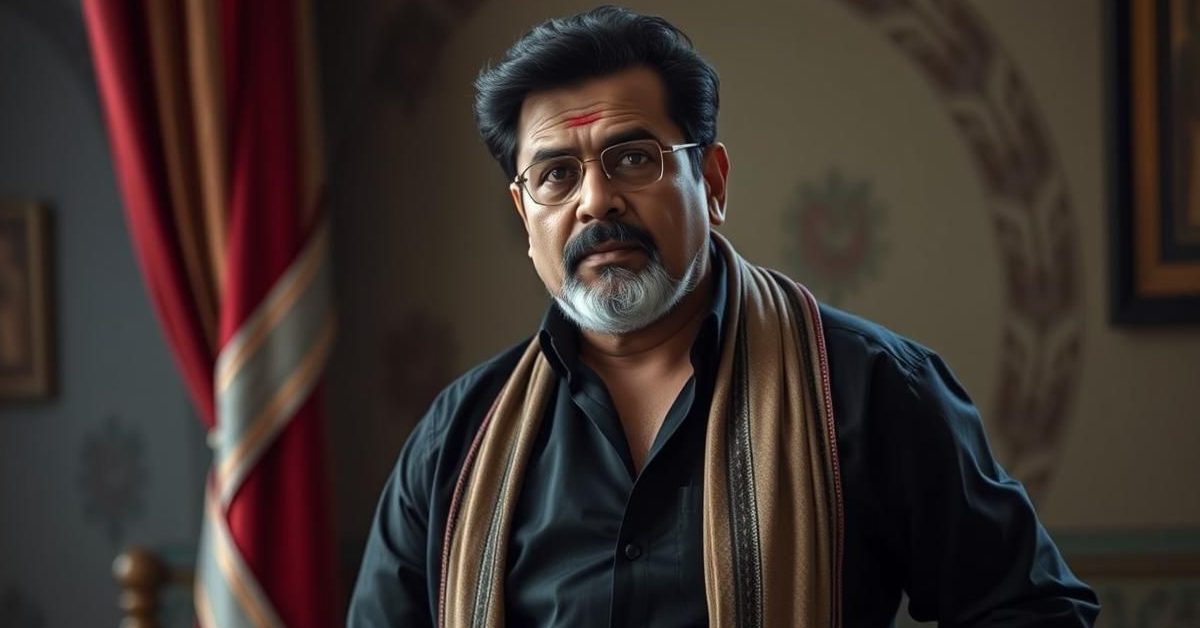The Hyderabad Heartbreak: A Wake-Up Call for Team India
The cricketing world, particularly Indian fans, found themselves in a state of stunned disbelief after England clinched a remarkable victory in the opening Test of the five-match series in Hyderabad. What was widely anticipated to be a dominant performance by the hosts on their spin-friendly pitches turned into a stunning upset, largely orchestrated by a resilient England side under the dynamic leadership of Ben Stokes and coach Brendon McCullum, famously known for their ‘Bazball’ approach. The defeat, by 28 runs, has sent ripples through the Indian camp, prompting introspection and a stern, unequivocal message from one of cricket’s most revered voices, Sunil Gavaskar.
Gavaskar’s Unvarnished Truth: “Take Off… Seriously Get Into Practice”
In the aftermath of India’s unexpected loss, the legendary Sunil Gavaskar, often referred to as the ‘Little Master’, didn’t mince words. His advice to the Indian team was stark and direct: “Next couple of days you can take off… seriously get into practice.” This isn’t merely a suggestion; it’s a pointed directive from a seasoned veteran who understands the nuances of Test cricket and the importance of immediate course correction. Gavaskar’s wisdom underscores the necessity for intense, focused net sessions and strategic planning, rather than dwelling on the disappointment. It’s a call to action, urging the team to channel their frustration into rigorous preparation for the formidable challenges that lie ahead in the remaining four Tests.
The Bowling Conundrum: Where India Stumbled
While India’s batsmen showed flashes of brilliance in both innings, managing to score well, it was the bowling unit that truly faltered under pressure. The famed Indian spin attack, comprising stalwarts like Ravichandran Ashwin and Ravindra Jadeja, alongside Axar Patel, struggled to consistently contain runs and, more critically, to bag wickets at crucial junctures. England’s Ollie Pope, with his extraordinary 196, demonstrated a masterclass in sweeping and reverse-sweeping, effectively neutralizing India’s primary weapon. The lack of breakthroughs, especially during long partnerships, allowed England to build formidable totals and chase down targets that initially seemed out of reach. Jasprit Bumrah, India’s pace spearhead, bowled with characteristic fire but couldn’t single-handedly compensate for the collective struggles of the spin department on a pitch that was expected to be a spinner’s paradise.
Shubman Gill’s Captaincy & Batting Woes: A Deeper Look
The spotlight also fell on Shubman Gill, whose perceived lack of experience in leadership skills came under scrutiny during moments of intense pressure. While Gill isn’t the designated Test captain (Rohit Sharma holds that mantle), his role as a senior batter and a potential future leader means his composure and decision-making on the field are keenly observed. More pertinently, his individual form with the bat, registering scores of 23 and 0, added to the team’s woes. As a top-order batsman, his early dismissals exerted additional pressure on the middle order, preventing the team from building a dominant first-innings lead or mounting a stronger fourth-innings chase. The expectation from a player of Gill’s calibre is to convert starts into substantial scores, especially when the team is in need of stability.
Lessons from Bazball: England’s Resilient Performance
England’s performance, particularly their second innings recovery, was a testament to the aggressive yet adaptable ‘Bazball’ philosophy championed by Captain Ben Stokes and Coach Brendon McCullum. After conceding a significant first-innings lead, they showcased remarkable resilience. Ollie Pope’s innings was a standout, effectively dismantling India’s spin plans with unconventional yet precise strokes. Moreover, the debutant spinner Tom Hartley, who initially struggled, bounced back with a stunning seven-wicket haul in the second innings, exposing India’s vulnerability against a relatively new face. This highlights England’s mental fortitude and their ability to quickly learn and execute, even in challenging subcontinental conditions.
The Road Ahead: What India Needs to Address
Gavaskar’s pointed advice isn’t just about physical practice; it’s about mental conditioning and strategic re-evaluation. For the upcoming Tests, India must analyze specific areas. The bowlers need to find ways to break partnerships, perhaps varying their pace and lines more effectively, and developing new wicket-taking deliveries. The batsmen, while generally performing well, need to build on their starts and convert them into match-winning hundreds, especially considering the deep batting line-up England possesses. Furthermore, the team management, led by Rohit Sharma and Rahul Dravid, might need to consider tactical adjustments, potentially reviewing selections or even field placements to counter England’s aggressive style more effectively. The focus must be on regaining composure, sharpening skills, and approaching the next match with renewed vigour and a clear game plan. The series is far from over, but the urgency for improvement is palpable.
